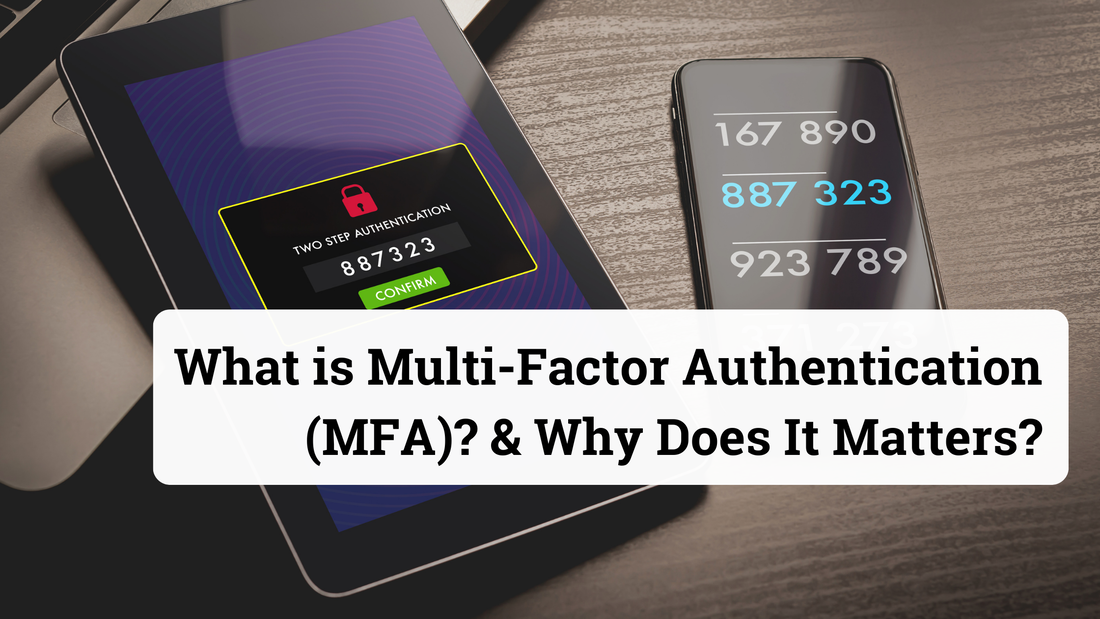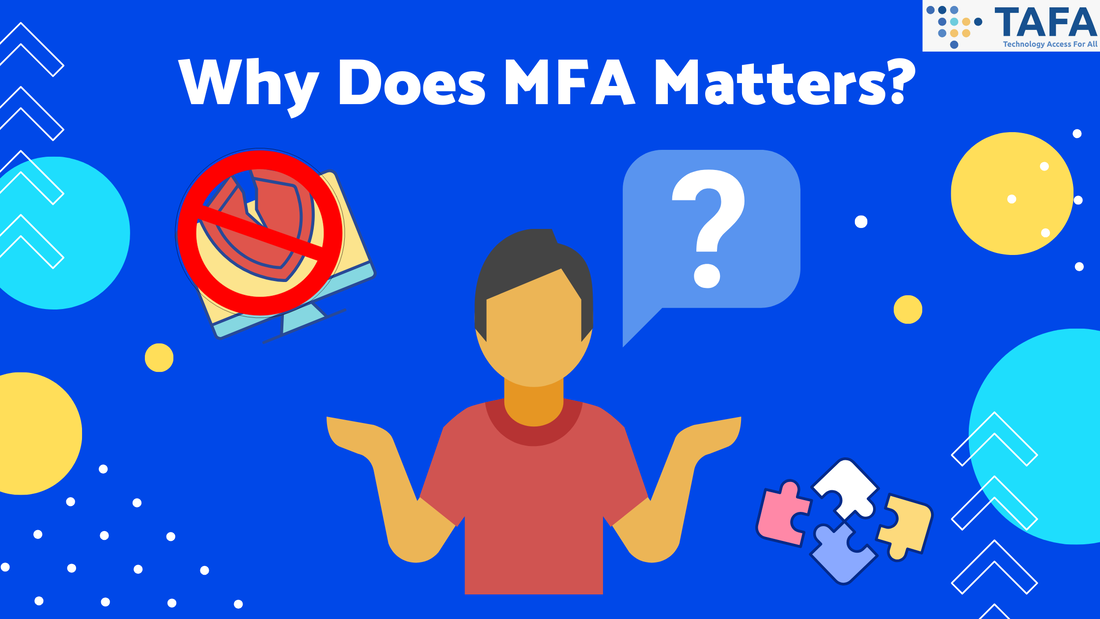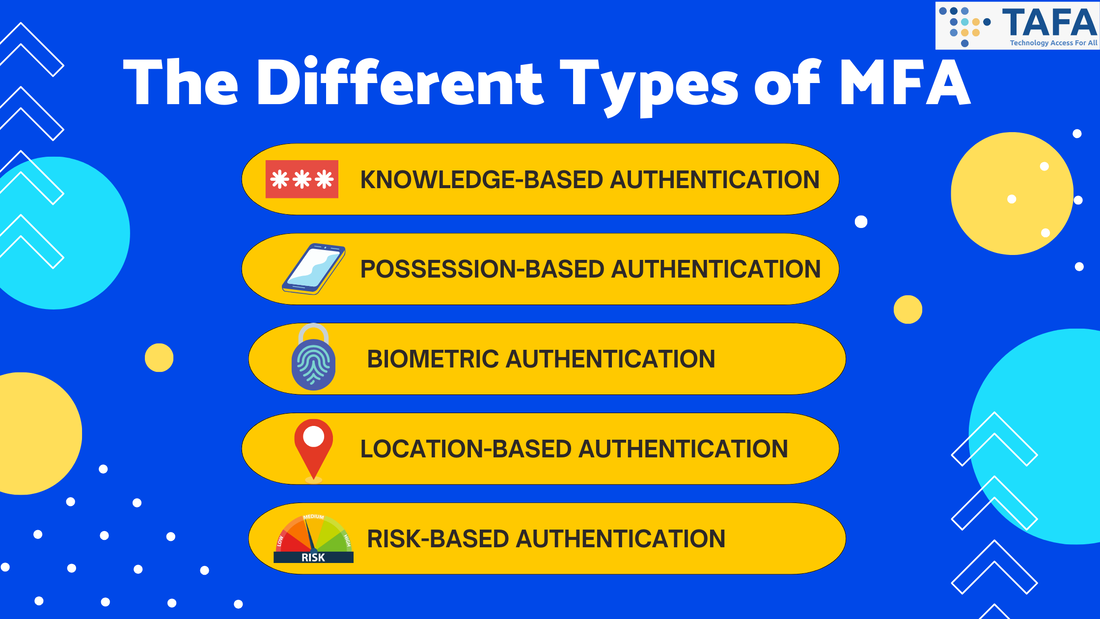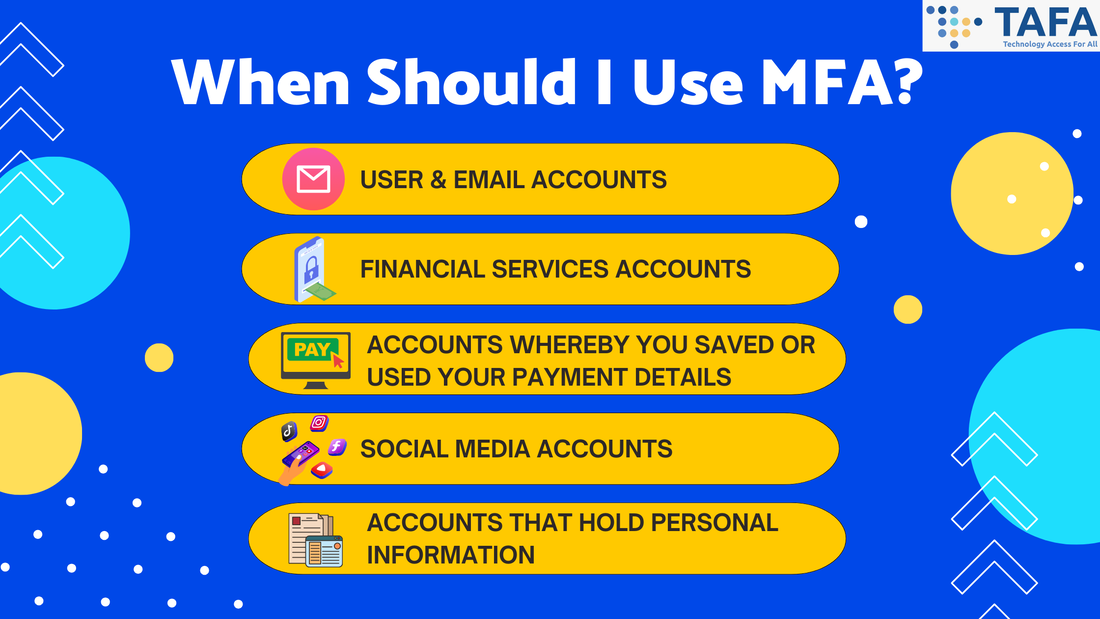|
In a world where our lives are increasingly intertwined with the digital realm, fortifying our online presence has never been more critical. Passwords, once the stalwart guardians of our virtual kingdoms, are no longer enough to thwart the nefarious ambitions of cyber intruders. Enter Multi-Factor Authentication (MFA), a digital sentinel that provides an extra layer of protection. In this article, we unravel the mystery of MFA, illuminate its paramount importance in the modern era of cybersecurity, and provide instances of when the implementation of MFA is essential. What Is Multi-Factor Authentication (MFA)? MFA is a security measure that requires two or more verification vectors to gain access. MFA is a strong component of a strong identity and access management policy. Common examples of MFA include personal devices such as security tokens, biometrics, SMS authorisation codes and authenticator apps. By requiring one or more additional authentication vectors, this decreases the likelihood of a successful cyberattack. Most MFA authentication methodology is usually based on 1 of 3 types of additional information: something you know (like a password or PIN), something you have (like a mobile device), and something you are (biometrics like a fingerprint). Why Does MFA Matters? MFA helps you to escape from single-point vulnerability. Through the incorporation of various authentication factors, MFA mitigates the risk associated with a single compromised password. Especially now, authentication based on just your username and password is unreliable due to the fact how easily they can now be acquired by threat actors via hacking, phishing and malware. Furthermore, MFA is dynamic as it can adapt to evolving threats via offering a flexible security framework that remains robust against a plethora of attack vectors. The Different Types Of MFA
When Should I Use MFA? It is highly recommended to turn on MFA wherever possible, starting with very important accounts. Examples include:
Conclusion Multi-Factor Authentication stands as a sentinel guarding the gates to our digital lives. In this dynamic landscape of cyber threats, a single password is no longer sufficient to protect our valuable data. MFA, with its multifaceted approach, ensures that even if one defence falters, another stands strong. MFA is a necessity in fortifying our digital existence and standing firm against the tide of cyber threats. Remember, in the world of cybersecurity, it’s not just about having the key; it’s about having the right combination to unlock the future securely. Related Topics A Personal Cybersecurity Checklist - How Cyber Secure Are You? 12 Tips For A Safer Online Shopping: How To Avoid Falling For Online Shopping Scams Password Security Tips: How To Fortify Your Password Security What to Do When You've Fallen for a Phishing Scam The Risks of Public Wi-Fi & Tips On How To Stay Safe Is This QR Code Safe? Top Tips to Ensure Your QR Scans are Secure Comments are closed.
|
Archives
June 2024
Categories
All
|
|
© 2021, TAFA HOLDINGS (S) PTE LTD. ALL RIGHTS RESERVED
|






 RSS Feed
RSS Feed